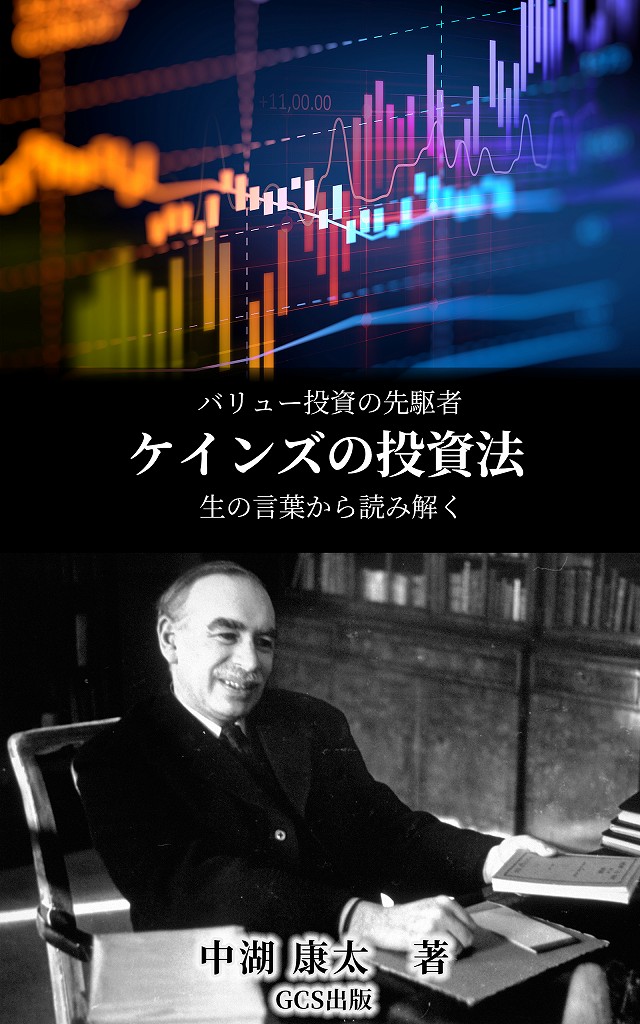英語で味わう狂歌 大田南畝-8
Enjoying Kyoka in English: Nanpo Ota-8
世の中に 蚊ほど煩(ウル)さき ものはなし 文武文武(ブンブブンブ)と 夜も寝られず
よみびとしらず
In this world, nothing is more annoying than mosquitoes buzzing.
I cannot sleep at night, as ‘pen and sword’* they are humming.
Anonymous
* sounds ‘bunbu’, or literary and military arts in Japanese
江戸時代中期、開放的な田沼時代(1767-1786)から、文武振興、倹約重視の松平定信によるデフレ緊縮的な寛政の改革へと移行した。当時としては自由を謳歌した都市文化人、民衆などから不平がでた。以下の狂歌もある。
In the middle of Edo period, the regime was shifted from open and free Tanuma period (1767-1786) to thrifty and austere Kansei Reforms by Sadanobu Matsudaira. Many people in the cities who enjoyed the freedom in Tanuma period were dissatisfied. A similar Kyoka is listed below.
白河の 清きに魚も 住みかねて もとの濁りの 田沼恋しき
Even fish cannot live in the clear water of Shirakawa,
And I miss the previous murky water of Tanuma.
(注) 狂歌(きょうか)とは、風刺、皮肉、しゃれ、滑稽を盛り込んだ5-7-5-7-7形式の短歌。
Note: Kyoka is satirical, ironical or comical short Japanese poem, derived from Tanka, composed of 31 syllables, with a pattern of 5-7-5-7-7 sounds.
By Kota Nakako
2023/08/15















